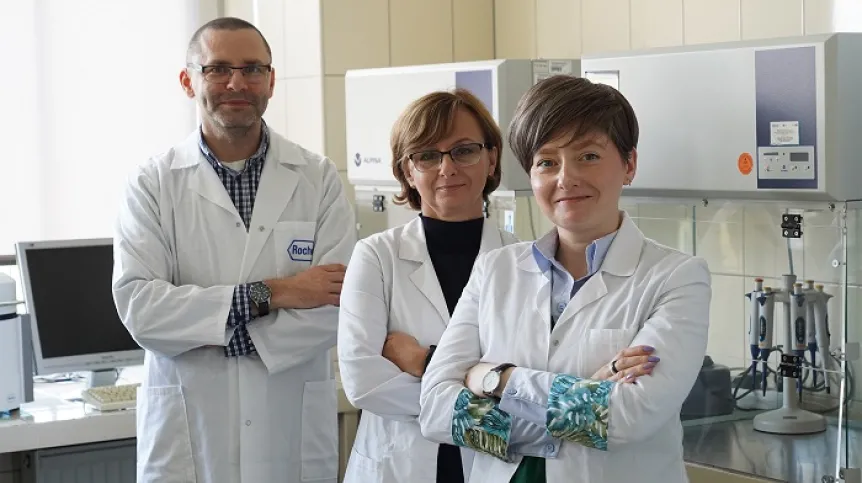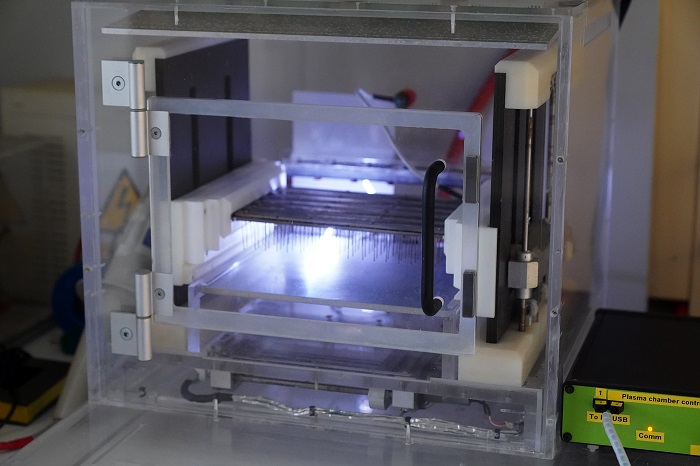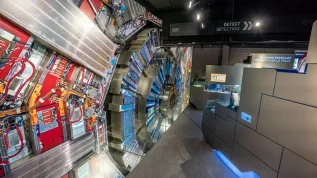
Scientists from the West Pomeranian University of Technology in Szczecin are testing whether cold plasma can be useful in extending the shelf life of food: whether it can prevent food poisoning and neutralize harmful microorganisms.
Plasma is the most common state of matter in the Universe, yet we rarely have the opportunity to see it. Lightning during a storm, aurora borealis - these are phenomena that produce plasma, an ionised gas that can conduct electrical charges.
We distinguish high-temperature, 'hot' plasma that is found in stars, and low-temperature, 'cold' plasma that can be obtained, for example, by exposing gases to a strong electromagnetic field.
That is how it is obtained by the scientists who test products in a special prototype plasma generator constructed by their colleagues from the Faculty of Electrical Engineering.

'The objective of the ongoing research is to develop an innovative method that will make it possible to eliminate microorganisms from food products, especially thermosensitive ones. This will reduce the occurrence of, for example, food poisoning caused by bacteria such as Listeria or Salmonella. The idea is to extend shelf life of food without losing the value nutrients,’ the West Pomeranian University of Technology spokesperson Emilia Kujawa says.
The scientists from Szczecin have already tested the behaviour of live strains of bacteria after exposure to plasma. They have also checked what changes under the influence of plasma occur in the milk of cows and mares - more precisely, in colostrum (milk from the very early stages of feeding), and in powdered milk.
'Perhaps in the future, plasma treatment of food will prove to be an alternative to pasteurisation, because, unlike pasteurisation, plasma treatment does not deprive the products of nutritional value, but it does kill microorganisms,’ Kujawa says.
Work on this topic is carried out by Dr. Elżbieta Bogusławska-Wąs, a professor at the West Pomeranian University of Technology, Dr. Alicja Dłubała and Dr. Wojciech Sawicki from the Faculty of Food Sciences and Fisheries of the West Pomeranian University of Technology. (PAP)
PAP - Science in Poland
lt/ bar/ kap/
tr. RL













